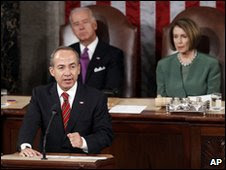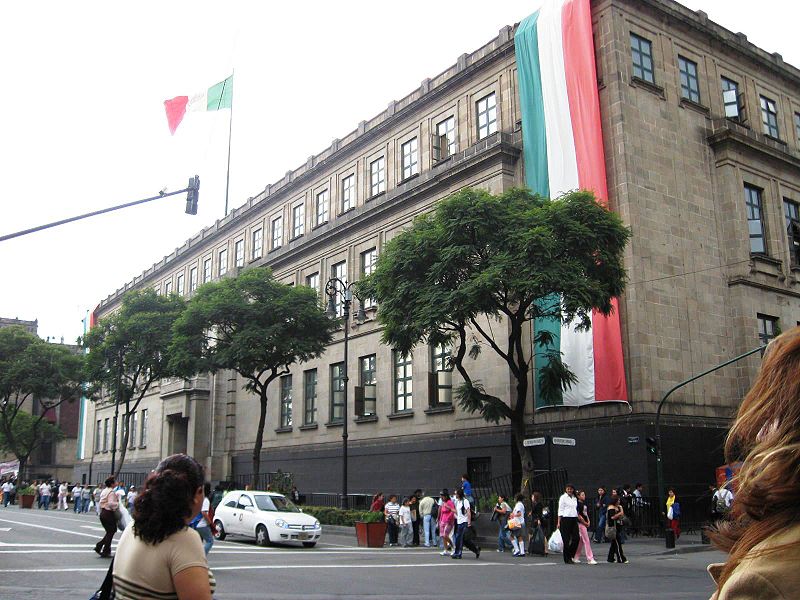 photo courtesy of flickr
photo courtesy of flickr
The drug wars that have been plaguing Mexico since 2006 obscure a falling homicide rate, as addressed in this CNN article:
Amid Drug War, Mexico Less Deadly Than a Decade Ago. It is surprising to find that Mexico City's homicide rates are on par with Los Angeles and a third of that for Washington D.C. Yet Americans are more weary than ever to visit Mexico; a blow to tourism, Mexico's third-largest source of foreign income. According to the article "Mexico's homicide rate has fallen steadily from a high in 1997 of 17 per 100,000 people to 14 per 100,000 in 2009." However, dually noted, the article does admit that the drug violence has turned the Pacific coast, and U.S. border regions of Mexico into some of the most deadliest places in the world.
So how exactly has the homicide rate dropped in the presence of an increase in drug violence? Well, land disputes have eased as farmers migrate to cities or abroad leaving the civic unrest of the Zapatista uprisings of the 1990s behind. In light of a decreased homicide rate attributed to a improvement in the Mexican quality of life, Mexico looks more dangerous than ever to tourists with the looming reminder of drug wars.
This article is valid in our comparative government class because it presents an interesting fact: the Mexican quality of life has improved over the decade amidst the drug wars. It also addresses a period of civic unrest in Mexican history, that is the Zapatista uprisings of farmers, which was not surprisingly followed by a change of politics and a new level of legitamacy ushered in by Vicente Fox. Equally as pertinent, Mexico has had a growing middle class and rising education levels and life expectancy. All these things are critical to a democracy; however if these traits are prerequisites to democracy, or rather the outcomes of democracy is debatable.


 T
T







